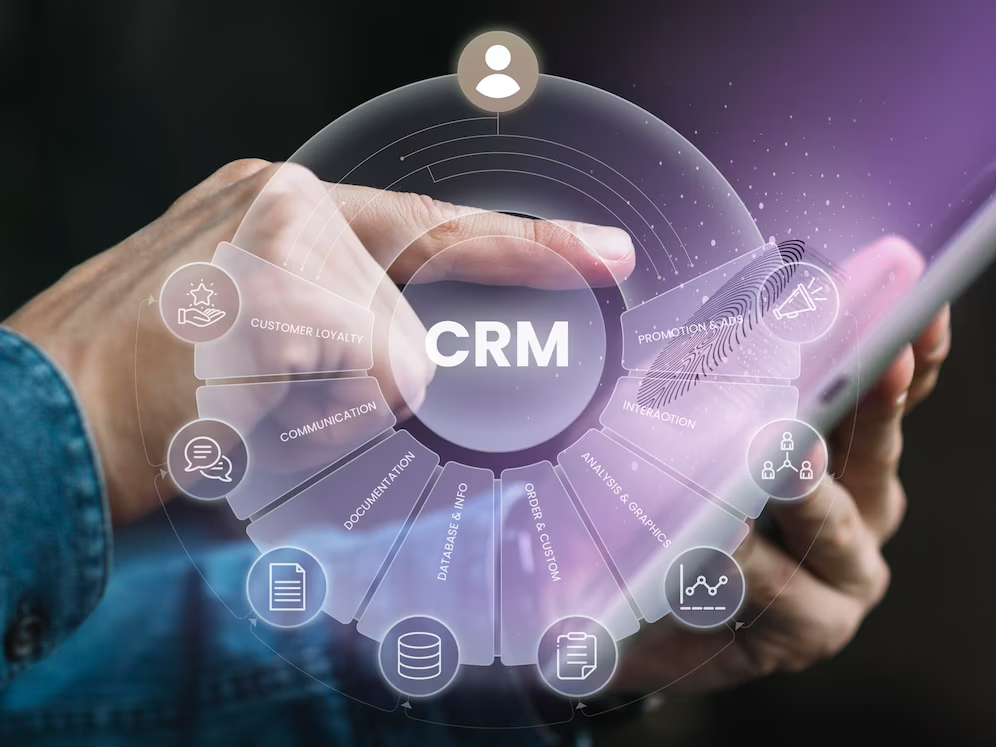Customer Relationship Management (CRM) software has become an indispensable tool for businesses of all sizes to streamline their operations, improve customer interactions, and boost overall efficiency.
While there are many CRM solutions available in the market, self-hosted CRM software offers a unique set of advantages.
In this article, we will explore the power of self-hosted CRM software and why it may be the right choice for your business.
What is Self-Hosted CRM Software?
Self-hosted CRM software refers to CRM systems that are installed and operated on your own servers or infrastructure, rather than relying on a cloud-based service. With a self-hosted CRM, you have complete control over your data, customization options, and the ability to integrate it seamlessly with your existing business processes.

Advantages of Self-Hosted CRM Software
- Data Security and Privacy
One of the most significant advantages of self-hosted CRM software is the enhanced data security and privacy it provides. By hosting the CRM system on your own infrastructure, you can ensure that sensitive customer information remains under your direct control. This eliminates concerns about potential data breaches or unauthorized access that could arise from using cloud-based solutions. - Customization and Flexibility
Every business has unique requirements and workflows, and a self-hosted CRM offers unparalleled customization and flexibility. With self-hosted CRM software, you can tailor the system to align with your specific needs, processes, and branding. You have complete control over the software’s functionality, interface, and integrations, allowing you to create a CRM solution that fits your business like a glove. - Integration Capabilities
Self-hosted CRM software enables seamless integration with other business tools and systems you may already be using, such as email clients, project management software, or accounting systems. This integration ensures a smooth flow of data across different platforms, eliminating manual data entry and reducing errors. With all your systems working together harmoniously, you can enhance productivity and efficiency within your organization. - Cost-Effectiveness
While self-hosted CRM software like fincrm.com may require an upfront investment in terms of hardware and IT resources, it can prove to be more cost-effective in the long run. Unlike cloud-based CRM solutions that often charge monthly fees per user, self-hosted CRM software typically offers a one-time licensing cost. This can be a significant advantage for businesses with a large number of users or those seeking a long-term solution.
While self-hosted CRM software provides numerous benefits, businesses should consider the following factors before implementing this solution:
- IT Infrastructure
Self-hosting a CRM system requires the necessary IT infrastructure, including servers, storage, and backup systems. Businesses must evaluate their existing infrastructure or invest in new hardware to support the CRM software. Additionally, companies need to ensure they have the technical expertise to install, maintain, and secure the CRM system effectively. - Maintenance and Updates
With self-hosted CRM software, businesses are responsible for maintaining and updating the system. This includes applying security patches, bug fixes, and feature enhancements. Regular maintenance is crucial to keep the CRM software running smoothly and to safeguard against vulnerabilities. - Scalability
As businesses grow, their CRM needs may evolve. With self-hosted CRM software, scalability depends on the company’s infrastructure and resource availability. Organizations should assess their scalability requirements and ensure that their self-hosted CRM solution can accommodate future growth.
Self-hosted CRM software offers businesses a range of advantages that go beyond what cloud-based CRM solutions can provide.
From enhanced data security and privacy to customization, flexibility, and seamless integration capabilities, self-hosted CRM software like www.fincrm.com puts you in the driver’s seat of your customer relationship management.
While it requires some initial investment and IT expertise, the long-term benefits make it a compelling choice for businesses looking to take control of their CRM processes and maximize their customer relationships.

Leave a Reply